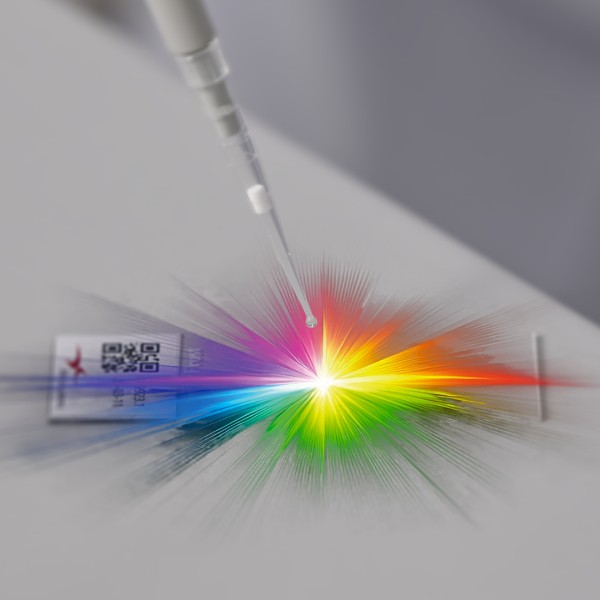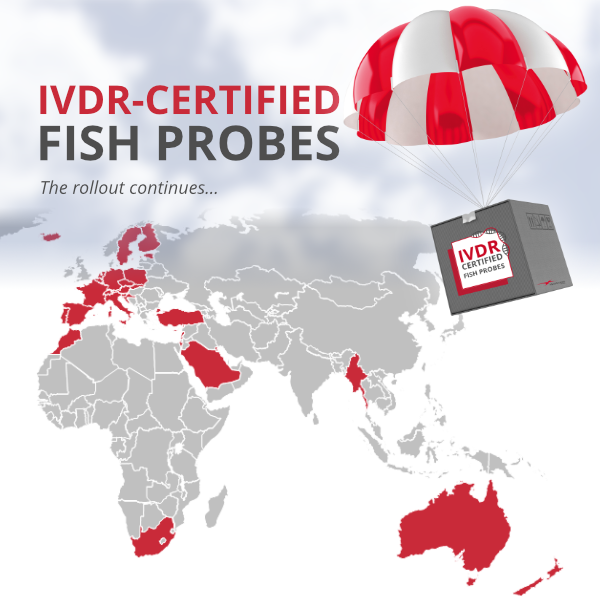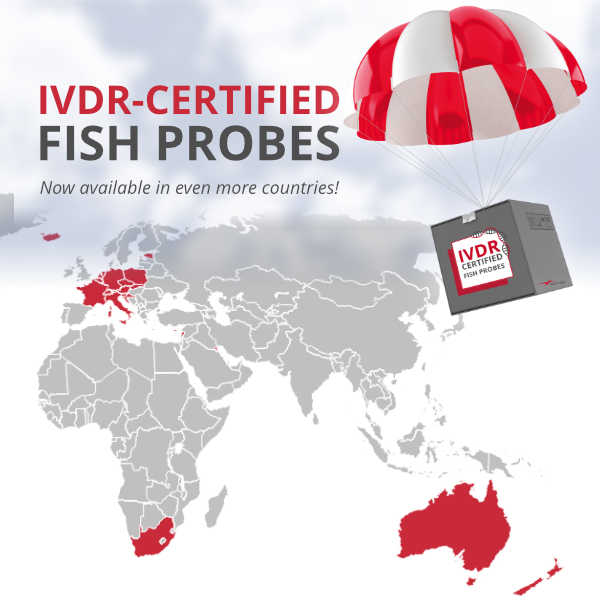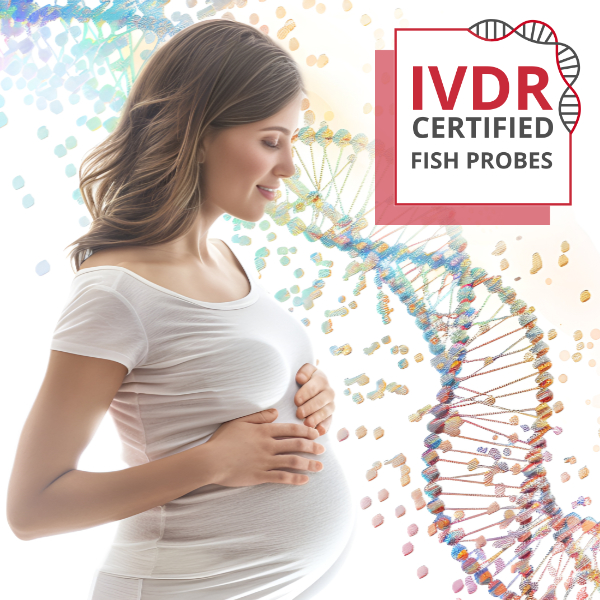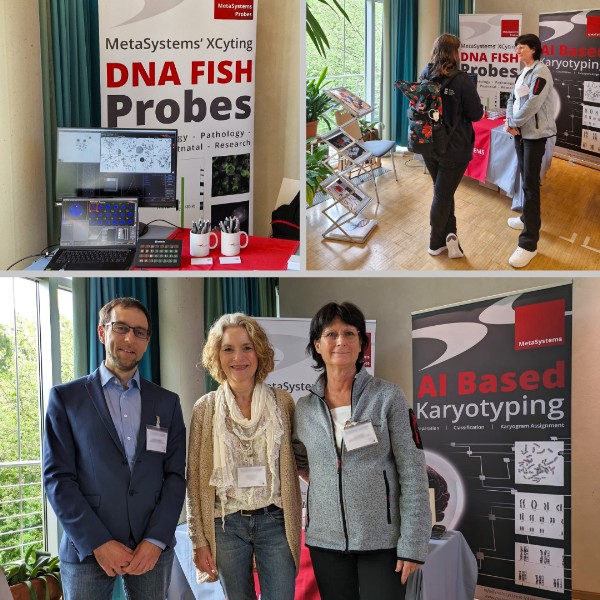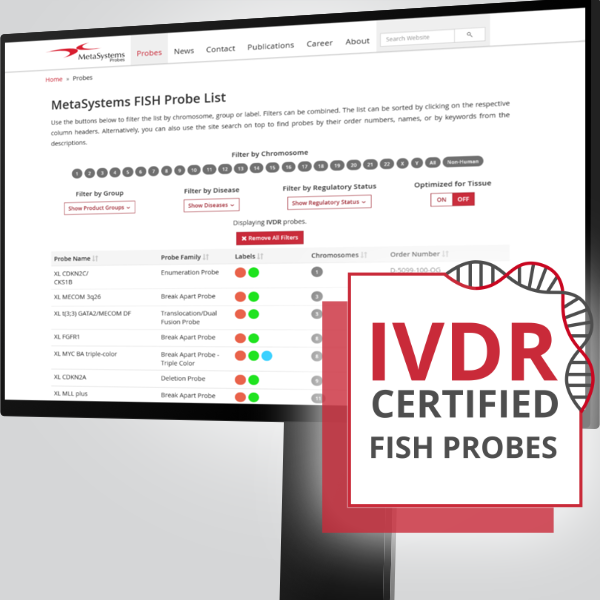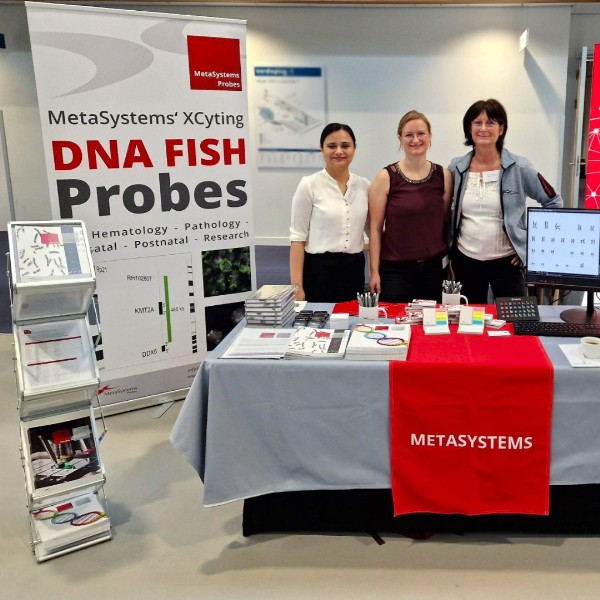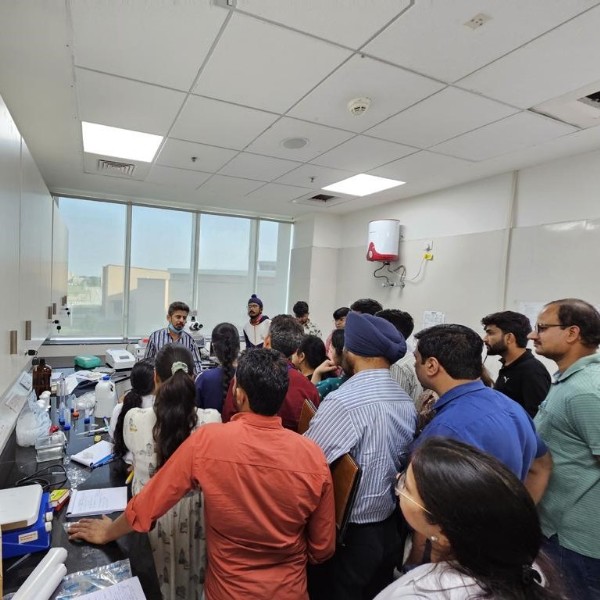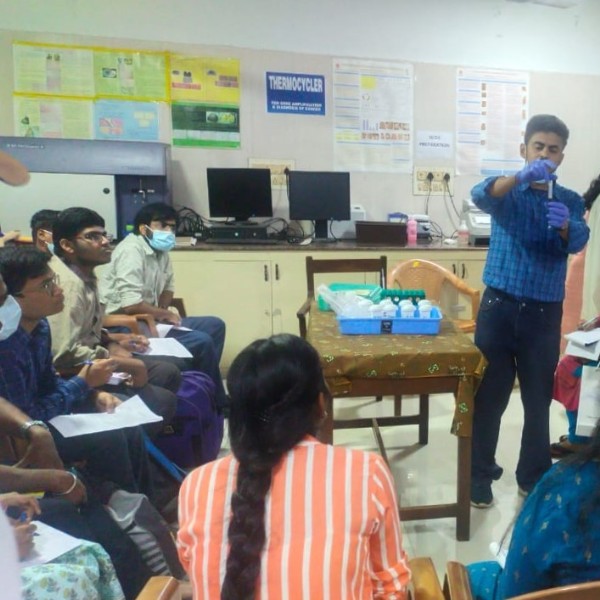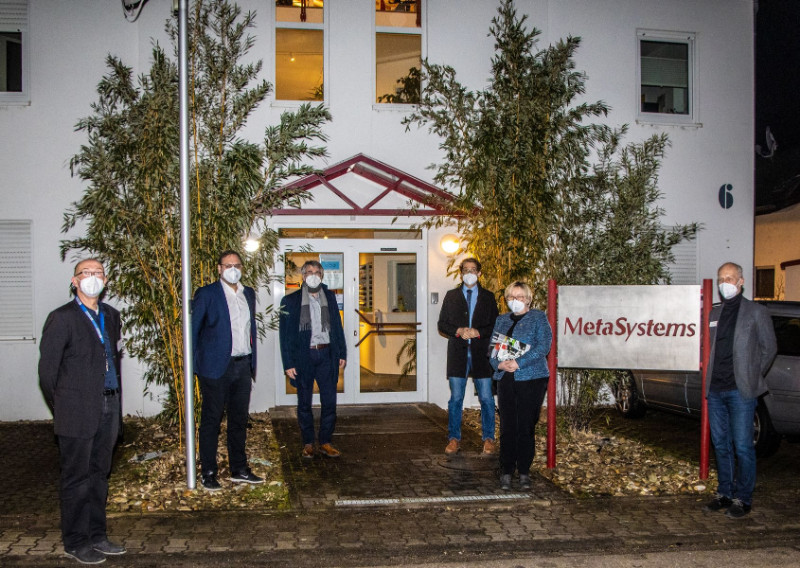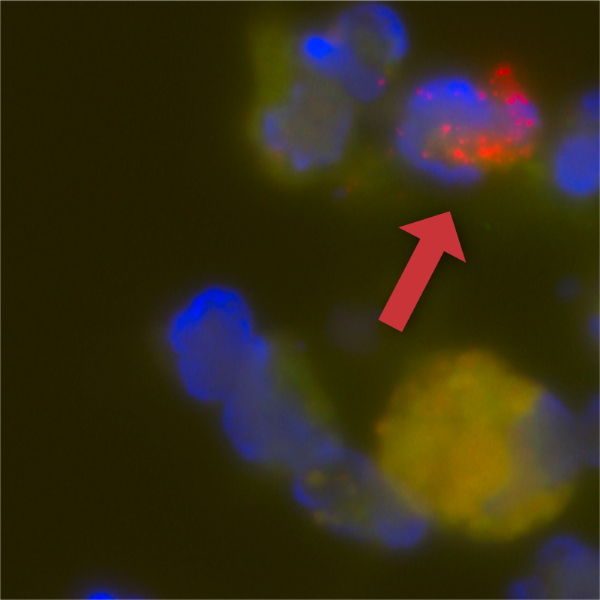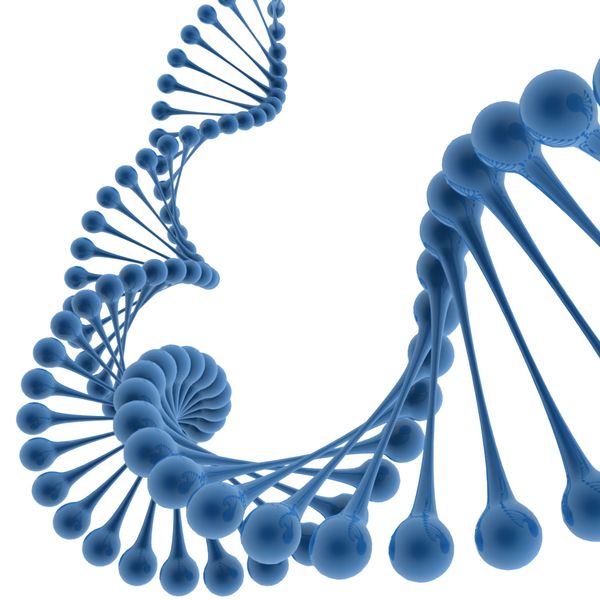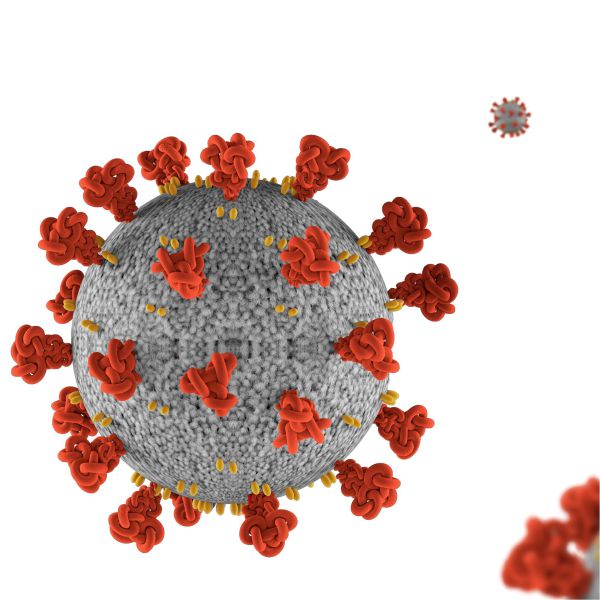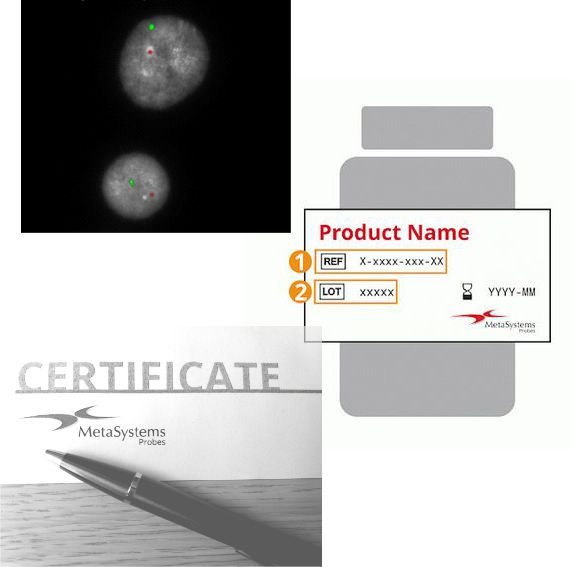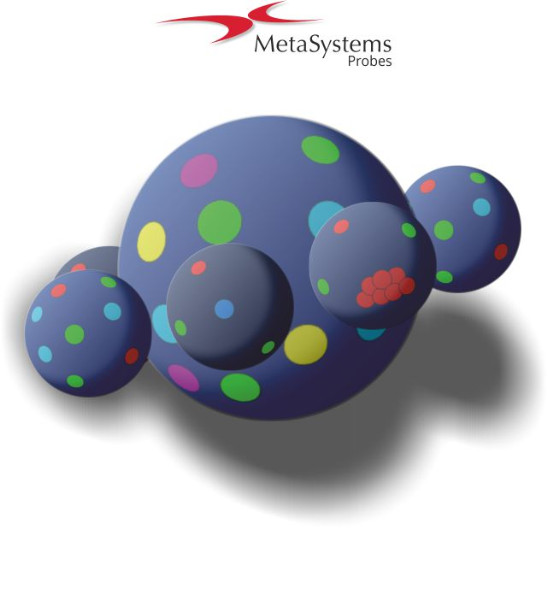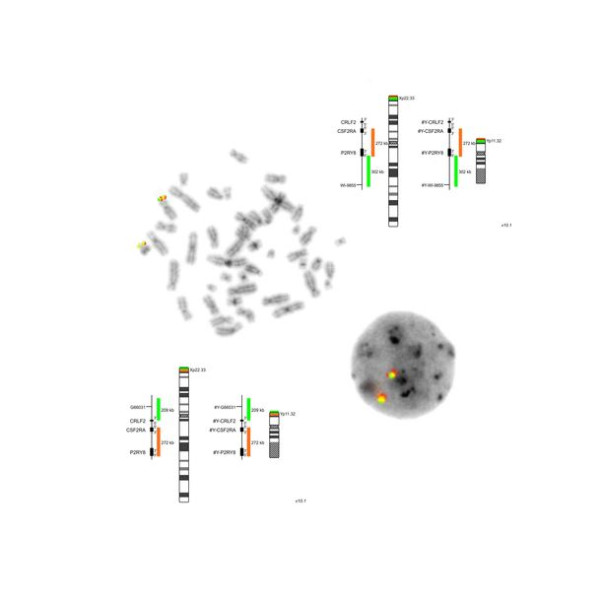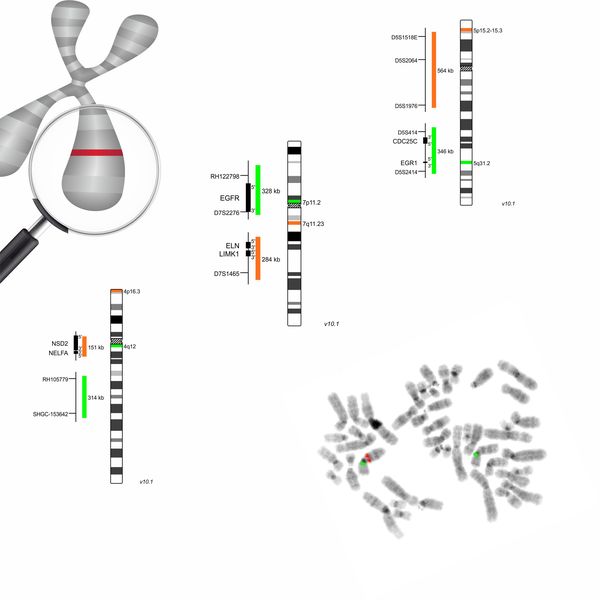
XOD - Custom FISH Probes
The rollout continues...
IVDR-certified XCyting FISH probes – Now available in even more countries!
Feb 1, 2025: Rollout of IVDR-certified XCyting FISH Probes!
IVDR-Certified FISH Probe Portfolio Expands to 95 Probes
Our Complete Set of XA Aneusomy Probes for Prenatal Testing Is IVDR Certified.
MetaSystems Japan
Impressions of the TGA 2024
Over 50 XCyting FISH Probes are IVDR-Certified!
Greetings from Nijmegen, NL
Middle East Meeting 2024
MetaSystems Sustainability Report 2023
Did you know that in 2019, the combined Scope 1 and 2 greenhouse gas emissions from MetaSystems and MetaSystems Probes were equivalent to only 4.1 average German individuals? Moreover, this emissions figure dropped to a mere 2.6 people equivalent in 2021. And in 2022, all the electricity consumed by MetaSystems and MetaSystems Probes was sourced from renewable energy reserves or was self-produced.

IVDR Certification
MetaSystems Probes has received IVDR certification for our initial 26 fluorescence in situ hybridization (FISH) probes from the notified body, BSI. Achieving this milestone was not without its challenges, and we are delighted to have accomplished IVDR certification for this probe set at an early stage.
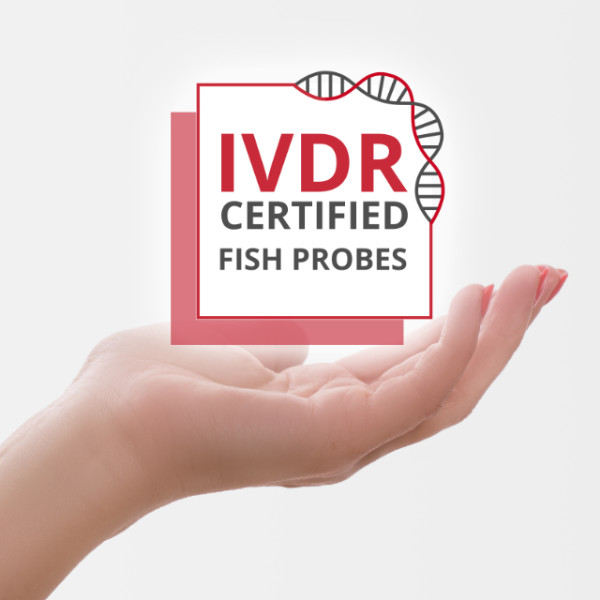
New Probes Catalog is Online!
MetaSystems Probes is pleased to announce the new catalog including new and innovative products and supporting information. A PDF version of the new catalog is available for download here.
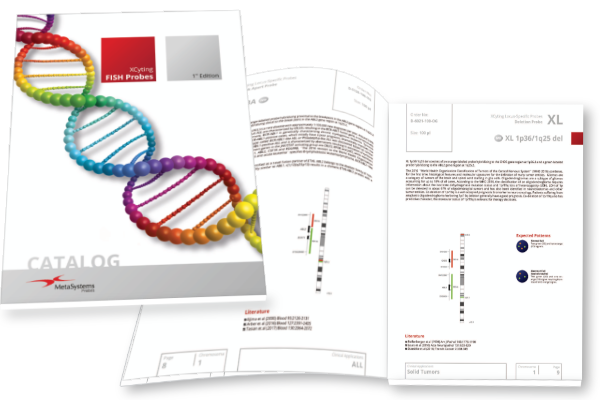
Two-day Hands-on FISH Workshop
Hands-on FISH Workshop
Probes Newsletter 01/2023
Probes Newsletter 02/2022
Today, MetaSystems Probes introduces 4 new probes in the field of hematology and oncology. XL t(5;11) NSD1/NUP98 DF, XL ETV6 BA, XL PAX5 BA, and XL 5p15/21q22 are intended as diagnostic tools for detecting recurrent aberrations described in acute myeloid leukemia (AML), acute lymphoblastic leukemia (ALL), and multiple myeloma (MM).

MetaSystems Distributor Meeting 2022
Probes Newsletter 01/2022
High-ranking Visitors at MetaSystems
Metafer and XRNA Probes Reveal Incidence for Italy's Covid-19 Patient Zero
Probes Newsletter 06/2020
MetaSystems Probes is proud to present our new XRNA product line! It consists of five different RNA FISH probes intended for multifaceted applications. Our XRNA SARS-CoV-2 probe can be used to detect viral RNA in cell and tissue samples, while automation and quantification can be provided by MetaSystems’ slide scanning platform Metafer. The remaining probes are designed for expression analysis of two central proteins of SARS-CoV-2 viral host-cell-entry (ACE2 and TMPRSS2), and the housekeeping gene (PGK1). Additionally, we offer an XRNA probe for RNA expression analysis of the immune checkpoint component PD-L1.
Our XRNA probes can be used for analysis of many different sample types including cellular samples from swabs, sputum, bronchoalveolar lavage and tissue sections.
Probes Newsletter 05/2020
Probes Newsletter 04/2020
Probes Newsletter 03/2020
Probes Newsletter 02/2020
Today, MetaSystems Probes provides the acute myeloid leukemia (AML) FISH Guide leaflet. Based on two widely accepted risk stratification models and the ‘WHO Classification of Tumours of the Haematopoietic and Lymphoid Tissues’, this informative brochure summarizes AML associated entities, their underlying chromosomal aberrations and the appropriate MetaSystems FISH probes for detection.
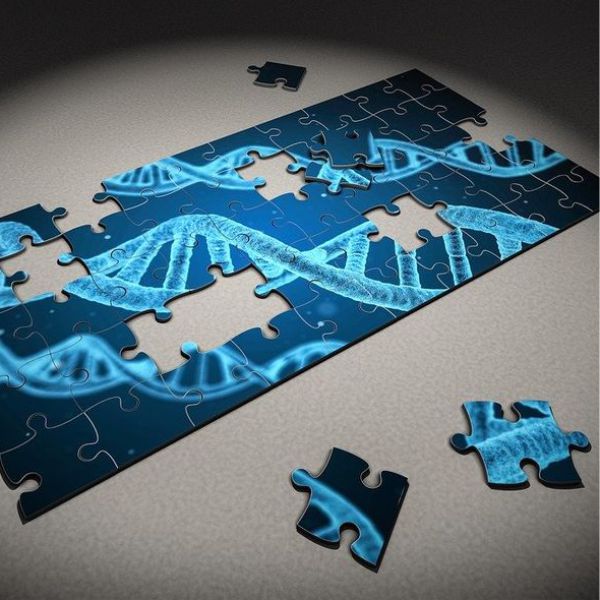
Probes Newsletter 01/2020
Probes Newsletter 05/2019
Probes Newsletter 04/2019
Probes Newsletter 03/2019
Probes Newsletter 02/2019
Probes Newsletter 01/2019
Fluorescence in situ hybridization has become an essential detection assay in today´s routine diagnostics. However, long hybridization times of many hours to overnight are still a restrictive factor. We have refined the production process of our FISH probes to reduce background and artefacts and to improve the signal to noise ratio, particularly in short-time hybridization. Since mid-2015, one hour hybridization on lymphocytes is an integral part of quality control for all XCyting locus-specific probes at our manufacturing facility.

Probes Newsletter 06/2018
Probes Newsletter 05/2018
Sarcomas are representing a heterogeneous group of tumors originating from mesenchymal tissue. Around 80% develop from soft tissue, the remaining 20% from bone. Sarcomas are frequently observed in children and young adults, accounting for more than 20% of all pediatric neoplasms. Due to the diversity, more than 100 subtypes are known to date, the diagnosis of sarcomas is challenging and fluorescence in situ hybridization has become a valuable tool to analyze the molecular signature of sarcoma subtypes today.




